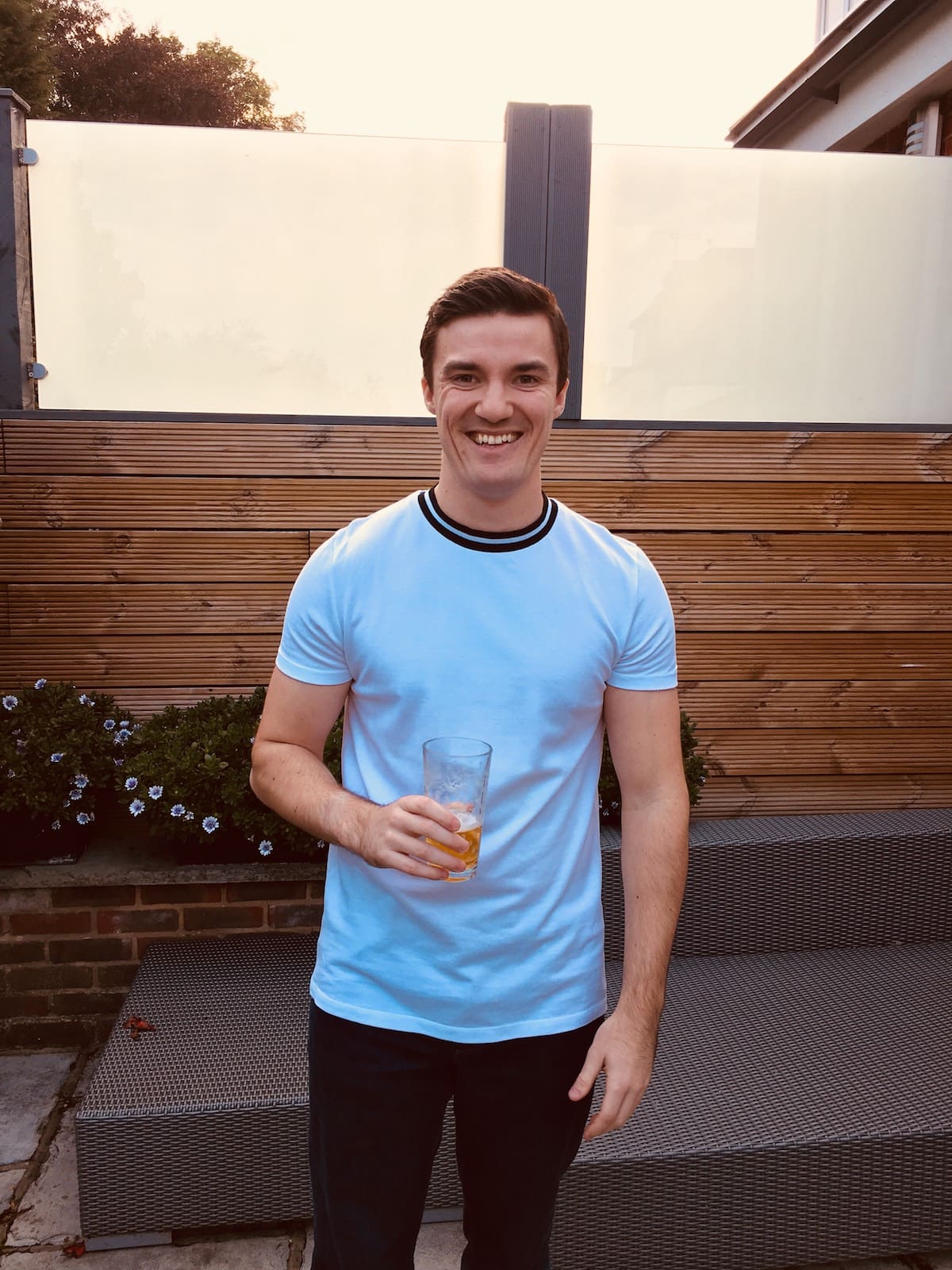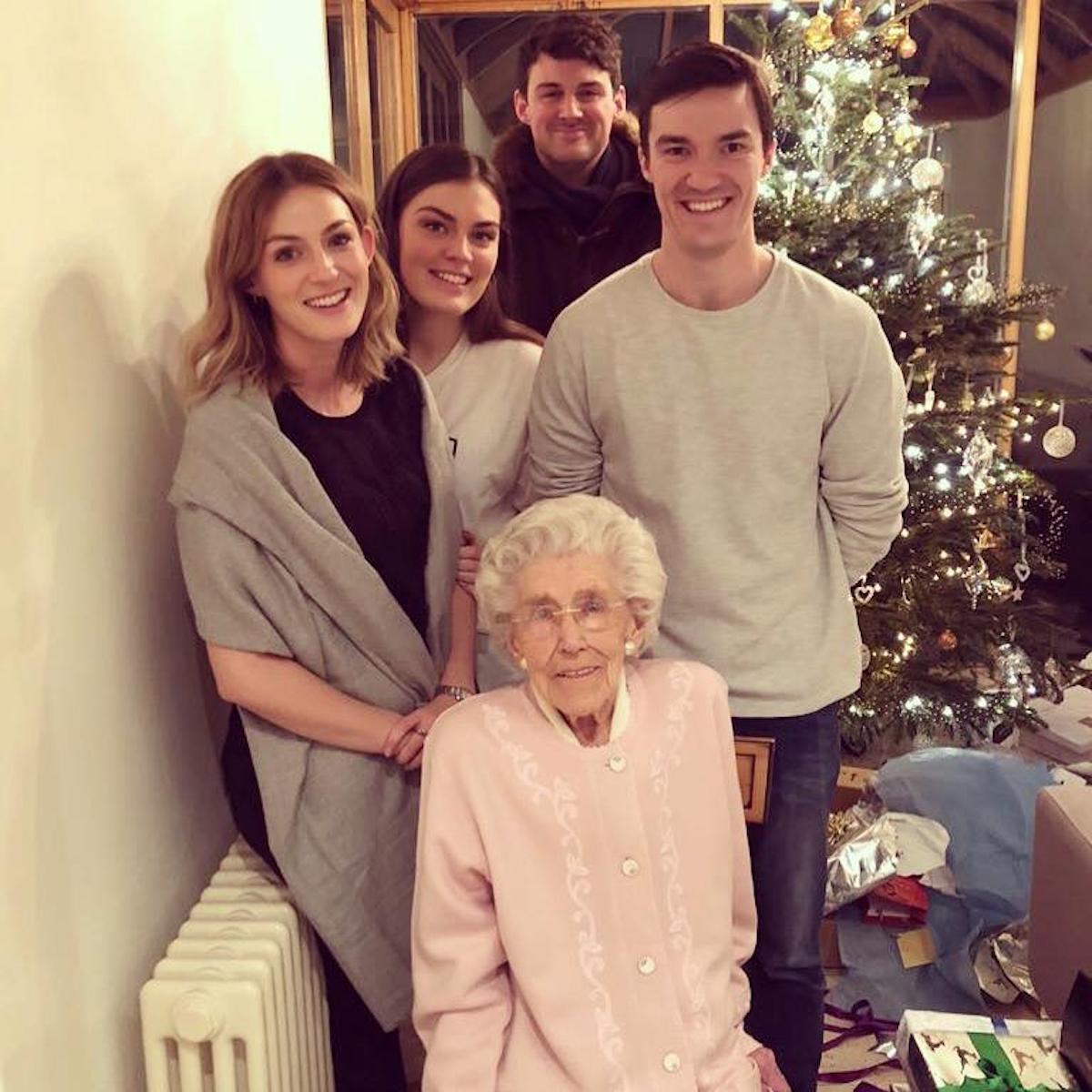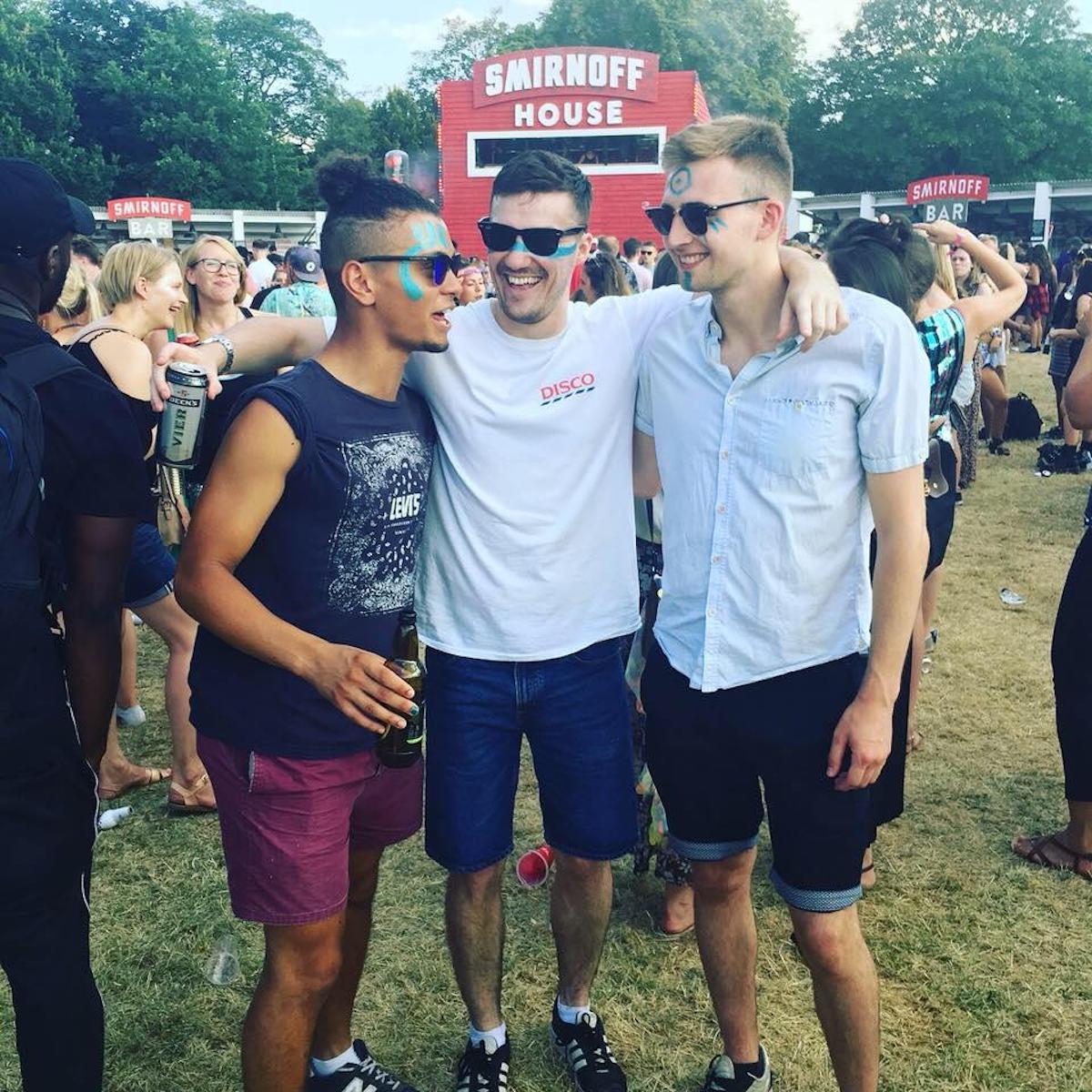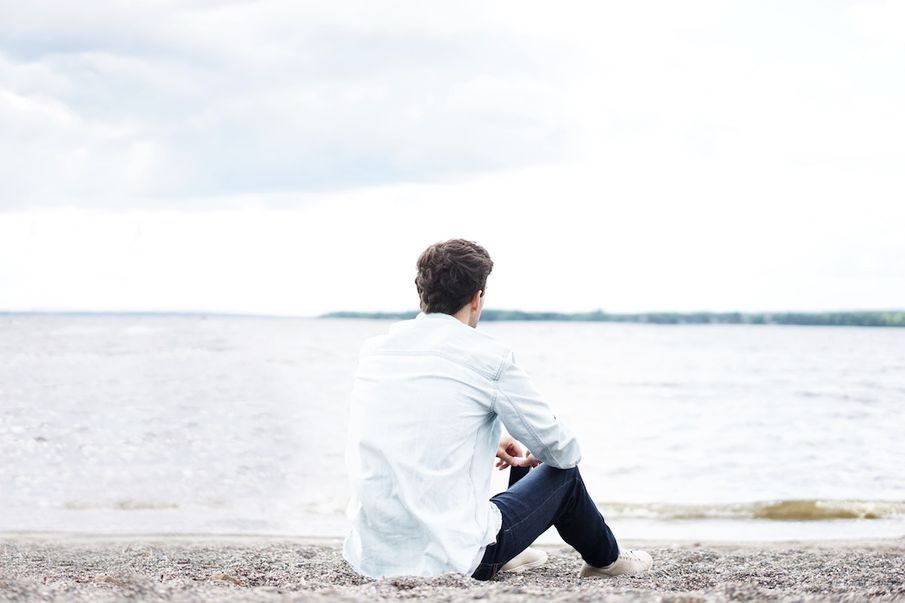Years of bullying left Freddie’s self-worth in tatters, but in a moment of clarity, a determination to stop others from experiencing what he did changed everything
I still remember the echoes in my head, the empty vacuum that permeated my existence when I considered doing it. The hatred I felt for myself, the anger at the world and at my own personality, believing that I was the reason for my own pain. By “it”, I mean taking my own life.
Suicide is one of the biggest killers of men in my age-group. For many of us, it is the only way we believe we can end our pain. This could be because of many reasons, and is an issue that doesn’t have a single cause but, in my case, being bullied at school was a significant factor.
Throughout the second half of primary school, and for all of my time at secondary, I was bullied. When I was younger, I was bullied about my weight, and then it was over a range of things – my surname, the football team I supported, my general demeanour, personality, and character.
The first time I tried to take my own life was in Year 9. I took a lot of over-the-counter painkillers in the naïve hope that I wouldn’t wake up the next day. Technically speaking, this was my only “real” attempt. However, the truth is that I came close to taking my own life thousands of times.

Freddie Cocker
One incident I recall, although the memory is a little fuzzy, is an incident where during a fight with the boy who bullied me, he sexually assaulted me by groping me. I can’t remember how my head teacher found out, maybe I told my parents or teacher, but I remember the head coming to ask me about it, and dealing with the bullying there and then. It didn’t stop the bullying in its entirety, but I was very grateful to the head teacher for supporting me, and punishing the person who did this to me.
I felt suicidal practically all the way through secondary school. When I reached out for help, often I wasn’t given it, or was completely ignored in some cases.
I remember telling a teacher that I was being bullied by three boys, and the most they got was a stern talking to. I was irrelevant, a student who on the outside appeared to take all the punches, (literally and metaphorically), taunts and public humiliations in my stride, and shook it off. I concluded that I had to survive this on my own.
I had to put on a mask, a cloak of extroverted behaviour I could use to somehow disguise the self-destruction I was going through. I hated myself, I hated who I was and the personality traits I had.
Sometimes I would stare into space, wondering why this was all happening to me. I thought I was the only person who felt this bad, but that it must be some teenage rite of passage I had to go through. I knew people could feel down or sad sometimes, but to feel this level of misery and intense, unquestionable pain was something I thought was localised only to me. And one day in Year 11, I didn’t think I could take it anymore.
Someone in my social group created a Facebook page about me, and then invited the whole year group to like it, to make disparaging and hurtful comments about me. A month or so later, I wanted to end my life. I stared down at the ground, going through in my head the amount of people who would care even slightly if I did. I had nothing left to give. I didn’t feel like a person, I didn’t feel anything. My self-esteem, self-worth, and any shred of dignity I had left, had been replaced by self-hate, pain, misery. I was a husk of a human being. But at that moment, something stopped me.
Looking back, what I now believe it was, was the last shred of my self-worth telling me not to do it. It was telling me that if I did it, the bullies would win.
At that moment, I had nothing. The only thing I thought was that if I somehow made it out of school, somehow manage to get to A-levels and a degree, that I would do everything I possibly could to make sure no one ever felt the way I did in that moment, or the years leading up to it.

Freddie with his family
Since then, it hasn’t been a straightforward path. I struggled with my mental health while at university, and had an internal mental breakdown in the middle of a seminar in my third year. I received eight weeks of cognitive behavioural therapy and spoke to my family GP about my mental health issues.
Now, at 24, I feel in a better place. My desire to help others is what led me to start Vent, my mental health platform, in 2017. I wanted to use my own lived experience to help those who were also struggling, and realised that there aren’t many platforms out there where boys like me could open up, honestly and safely, without reprisal.
To encourage others, and for my own personal wellbeing, I felt I had to talk about my own mental health issues. Depression, anxiety, overthinking, rumination and post-traumatic stress disorder were issues I went into detail about, as well as my experiences of being bullied.
It was the hardest thing I’ve ever had to do. Previously, only a select group of close friends even knew 50% of the content of my articles. As I clicked the send button on my Facebook account, I literally started to sweat at the thought of how people would react to it.
Most people had only ever seen the extremely high-energy, extroverted Freddie at social occasions. Almost no one had seen the emotionally broken side and the identity crisis which had consumed most of my life up until that point.
Yet after I pressed send, the reaction was unbelievably positive.

Freddie with friends
It wasn’t just the reaction from my friends that pleased me. People whom I hadn’t spoken to in years were complimenting me and giving their appreciation for what I had done, telling me about their own experiences as well. I’ve never been able to receive compliments well, and to see people genuinely reacting to it in a good way took a while to get used to, but I am immensely glad I did it. It was one of the best things I could ever have done, and remains one of, if not the proudest achievement in my life to date.
Since I started Vent, it’s continued to grow, allowing people to express themselves. I’ve also just launched a music night called ‘Just Checking In Live’ which aims to provide a safe space where people can come together through music, dance, have fun and share something about their mental health with a loved one, friend or even a stranger.
My goal was to be a conduit to help others better accept and live alongside their mental health issues. There’s a long way to go, but maybe, somewhere, I’ve made a difference to someone.
For anyone out there experiencing what I did, or feeling the way that I felt, please know that no matter how alone you feel right now, there are people out there that love you for who you are, who want to be your friend, and value you. The world would be a much darker place without you in it, and just surviving is a massive achievement in itself. In time, the scars will heal and it will get better.
Fe Robinson | MUKCP (reg) MBACP (reg), psychotherapist and clinical supervisor says:
Freddie’s honesty and candour let us know how resilient he is, and how it is possible to survive bullying, and find your own way to thrive. His story shows how deeply distressing suicidal thoughts can be, and gives hope that they can be overcome. I am humbled by how much Freddie is doing to support other people’s mental health. Sharing so openly and normalising the pain that results from bullying is a powerful message.


Comments